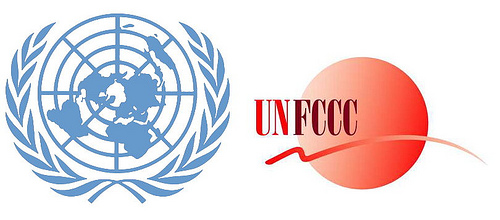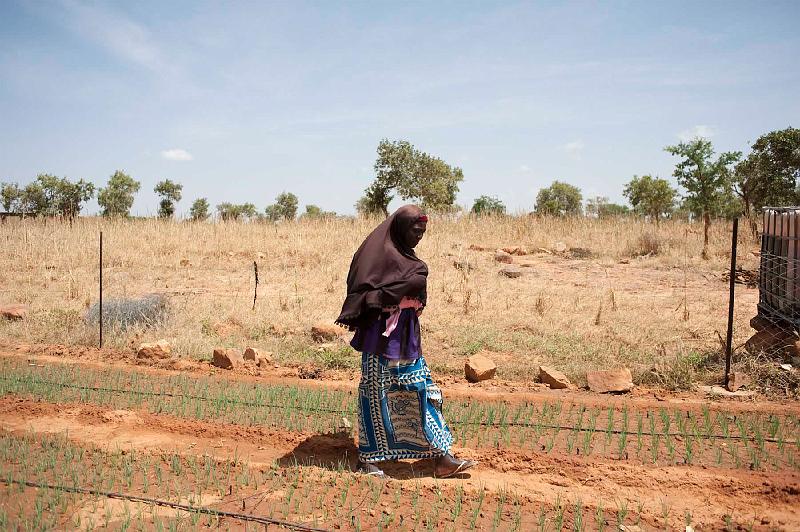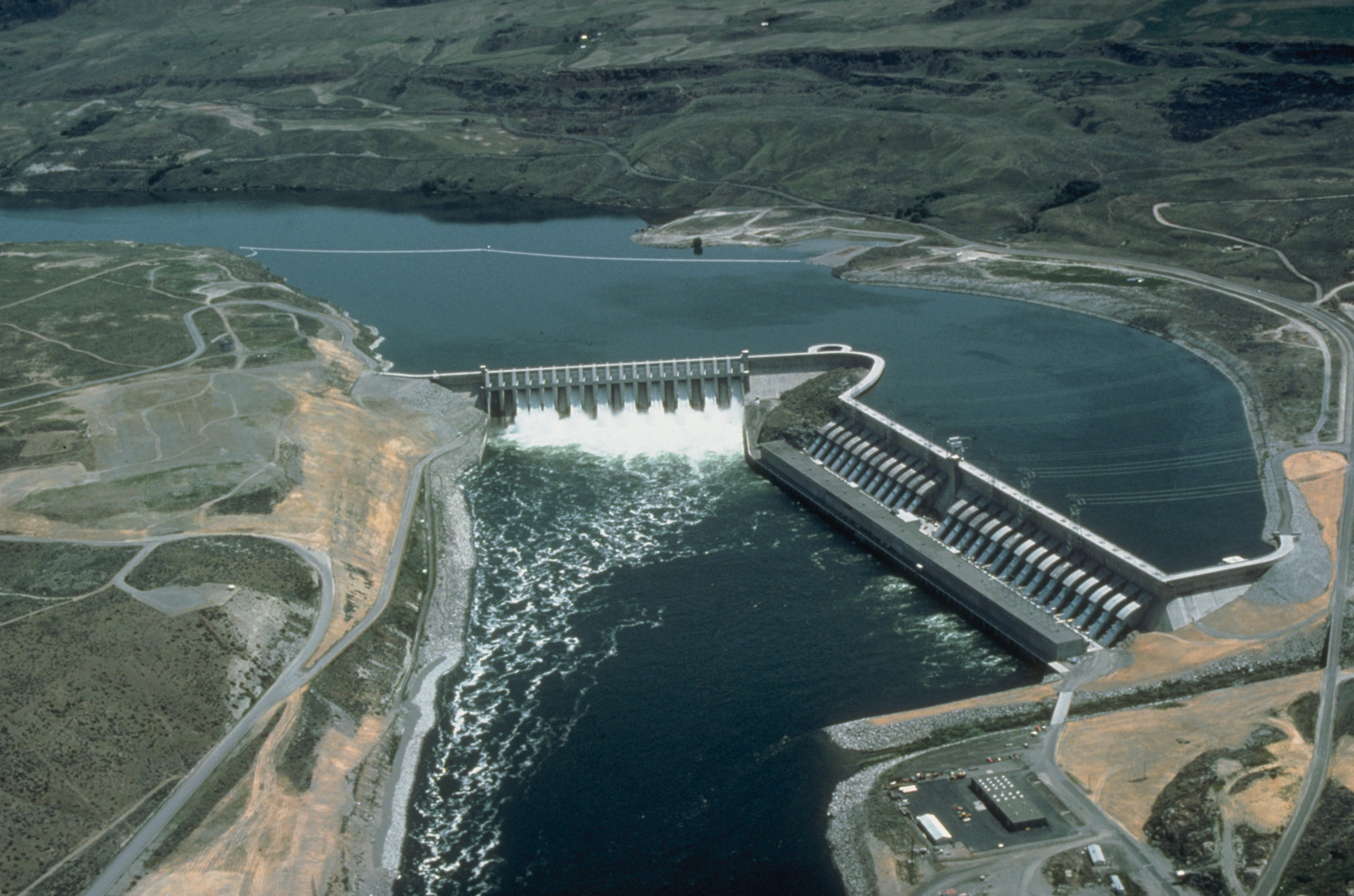FROM CLIMATE CHANGE TO GENOCIDE
 MHER SAHAKYAN MHER SAHAKYANThe Institute of International Relations of Nanjing University, China PHD researcher of international relations  Climate change represents the human conflict that have been identified in recent decades, including drought, desertification, land degradation, failing water supplies, deforestation fisheries depletion ozone depletion. Academics have warned for some time now that climate change threatens water and food security, the allocation of resources, and coastal populations, threats which in turn could increase forced migration, raise tensions and trigger conflict. The climate change problems had been mentioned in the convention of New York and in the Montreal protocol. Climate change represents the human conflict that have been identified in recent decades, including drought, desertification, land degradation, failing water supplies, deforestation fisheries depletion ozone depletion. Academics have warned for some time now that climate change threatens water and food security, the allocation of resources, and coastal populations, threats which in turn could increase forced migration, raise tensions and trigger conflict. The climate change problems had been mentioned in the convention of New York and in the Montreal protocol. On 17 April 2007 debate was held at the Security Council on the subjects of climate change, energy supplies and security. More than 50 countries attended the day-long debate and the majority agreed both that climate change presented a threat to international security and the Security Council was one of the appropriate forums in which to discuss the issue. On June 2007 United Nations Environment Program (UNEP) suggested that the conflict in Darfur has in part been driven by climate change and environmental degradation. Over the past 40 years rainfall in the region has fallen by 30 per cent and the Sahara has advanced by more than a mile every year. The tension between farmers and herders over disappearing pasture and declining water-holes underpins the genesis of the Darfur conflict. UN Secretary General Ban Ki-moon argued: ‘We discuss Darfur in a convenient military and political short-hand an ethnic conflict pitting Arab militias against black rebels and farmers. Look to its roots, though, and you will discover a more complex dynamic. Amid the diverse social and political cause, the Darfur conflict began as an ecological crisis, arising in part from climate change.  International society tries to put some limitation by The Kyoto Protocol to the United Nations Framework Convention on Climate Change (UNFCCC). Kyoto Protocol is an international treaty that sets binding obligations on industrialized countries to reduce emissions of greenhouse gases. The Kyoto Protocol was adopted in Kyoto, Japan, on 11 December 1997 and entered into force on 16 February 2005. Each Party included in Annex I(KP), in achieving its quantified emission limitation and reduction commitments under Article 3, in order to promote sustainable development, shall: Implement and/or further elaborate policies and measures in accordance with its national circumstances. The detailed rules for the implementation of the Protocol were adopted at COP 7 in Marrakesh, Morocco, in 2001, and are referred to as the "Marrakesh Accords." Its first commitment period started in 2008 and ended in 2012.  Actually each resident of sub-Sahara Africa produces less than a tone of CO2(Carbon dioxide) per year, as compared with an average European’s output of 8.2 tones of CO2 and the average North American’s of 19.9 tones. Actually each resident of sub-Sahara Africa produces less than a tone of CO2(Carbon dioxide) per year, as compared with an average European’s output of 8.2 tones of CO2 and the average North American’s of 19.9 tones. In 2007 Intergovernmental Panel of Climate change stated that Africa is one of the most vulnerable continents to climate change. The expected manifestations of climate change will have a range of consequences for social and economic well being of Africa. 1. Current adaptation of food producers to cope with climatic variability may become inadequate 2. Agricultural production may fall, particularly in semi-arid regions, 3. Existing water shortages will be aggravated, and new nations may join the list of those experiencing shortages, 4. Rates of ecosystem change will increase, especially in southern Africa 5. The risk of inundation in low-lying settled areas will increase 6. The risk of human health diseases will increase in Africa By 2050 sub-Saharan Africa is predicted to have up to 10 per cent less annual rainfall in its interior. Access to water in the countries of the Nile basin, for instance, is dependent on runoff the Ethiopian highlands and the level of Lake Victoria, both of which are sensitive to variations in rainfall. There is a threat, that till the end of this century sea-level will raise affect low-lying coastal areas with large population, northern Egypt, Gambia, the gulf of Guinea and Senegal. On 8 march 2009 European Commission issued Green paper entitled A European strategy for sustainable, competitive and secure energy. The green paper identifies 6 priorities. 1. Completing the internal European electricity and gas markets, 2. Encouraging solidarity among member states, 3. Establishing a more sustainable, efficient and diverse energy mix, 4. Supporting an integrated approach to tacking climate changes, 5. Encouraging a strategic energy technology plan, 6. Creating a coherent external energy policy. It is important to mention that public opinion in EU is away from Nuclear energy. Europe imports most of its oil from Russia, The middle eastt, Norway and North Africa .  EU tries to gain energy by using Hydroelectricity, Renewable energy power stations, Solar power, Wind power。Many European Union (EU) countries have high penetration rates of renewable electricity, with an EU-wide average of 19% in 2009. The EU countries with the highest shares of renewable electricity generation in 2009 were Austria (74%), Sweden (60%), Portugal (39%), and Finland (32%). Hydropower and biomass played major roles in each of their renewable electricity generation mixes. In contrast, the United States generated 11% of its electricity from renewable that year. In the United States, the largest contribution comes from hydropower, followed by wind and biomass. Why climate change can be in the framework of security studies? Climate change can stand reason for genocide,can harm states and health and property of people. I think, climate changes is the one of more dangerous threats for humanity, I think wars, terrorism, structural violence can be stopped by international society, but world society is not able to stop typhoon, sea rising earthquakes. We can do some steps, like shorting emission of green gases which can help us to detain these changes. EU tries to gain energy by using Hydroelectricity, Renewable energy power stations, Solar power, Wind power。Many European Union (EU) countries have high penetration rates of renewable electricity, with an EU-wide average of 19% in 2009. The EU countries with the highest shares of renewable electricity generation in 2009 were Austria (74%), Sweden (60%), Portugal (39%), and Finland (32%). Hydropower and biomass played major roles in each of their renewable electricity generation mixes. In contrast, the United States generated 11% of its electricity from renewable that year. In the United States, the largest contribution comes from hydropower, followed by wind and biomass. Why climate change can be in the framework of security studies? Climate change can stand reason for genocide,can harm states and health and property of people. I think, climate changes is the one of more dangerous threats for humanity, I think wars, terrorism, structural violence can be stopped by international society, but world society is not able to stop typhoon, sea rising earthquakes. We can do some steps, like shorting emission of green gases which can help us to detain these changes. Climate changes create an alternative path to scarcity and collapse. Climate changes could contribute to destabilizing, unregulated population movements which will  stand purpose for external and internal conflicts, environmental changes can make health problems. Every source must be used without excessive consumption, but now, I think, Many countries in the world are very poor and if government is offered to use any source which will make pollution but country will gain money, the government will choose money. At first I believe there must be some special policy for developed and developing countries. I think maybe we will need something like UN SC resolution, which will finally put a limit on emission of green gases. Governments of some developed countries do not like when African people migrate to their countries, but if we check facts we will find out, that scarcity in Africa is mainly the problem of climate changes, and the climate changes appears because of the developed countries’ heavy industries, which harms environment. Africa is the nerve of the world, so they fell all changes in their own life. stand purpose for external and internal conflicts, environmental changes can make health problems. Every source must be used without excessive consumption, but now, I think, Many countries in the world are very poor and if government is offered to use any source which will make pollution but country will gain money, the government will choose money. At first I believe there must be some special policy for developed and developing countries. I think maybe we will need something like UN SC resolution, which will finally put a limit on emission of green gases. Governments of some developed countries do not like when African people migrate to their countries, but if we check facts we will find out, that scarcity in Africa is mainly the problem of climate changes, and the climate changes appears because of the developed countries’ heavy industries, which harms environment. Africa is the nerve of the world, so they fell all changes in their own life.bibliography 1.Oli Brown, Annel Hammill and Robert McLeman, International Affairs 83(6) 2007:1141-1154, page 167 2. Security council holds first ever debate on impact of climate change Available online at, http://www.un.org/News/Press/docs/2007/sc9000.doc.htm 3. The Kyoto Protocol to the United Nations Framework Convention on Climate Change Available online at, http://unfccc.int/resource/docs/convkp/kpeng.pdf 4. Oli Brown, Annel Hammill and Robert McLeman, International Affairs 83(6) 2007:1141-1154, page 170 5.Oli Brown, Annel Hammill and Robert McLeman, International Affairs 83(6) 2007:1141-1154, page 171 6. Data courtesy of the U.S. Energy Information Administration, Available online at, http://www.eia.gov/todayinenergy/detail.cfm?id=2530 | |
| PUBLICATIONS | |
| 3128 reads | 13.12.2013 |


